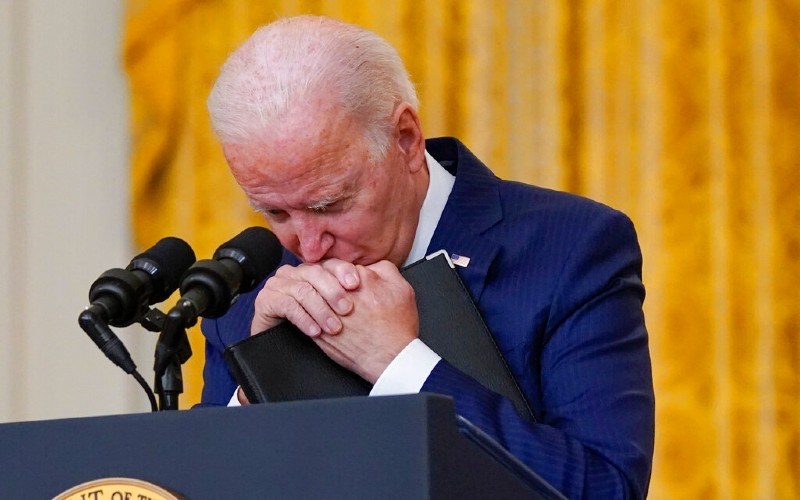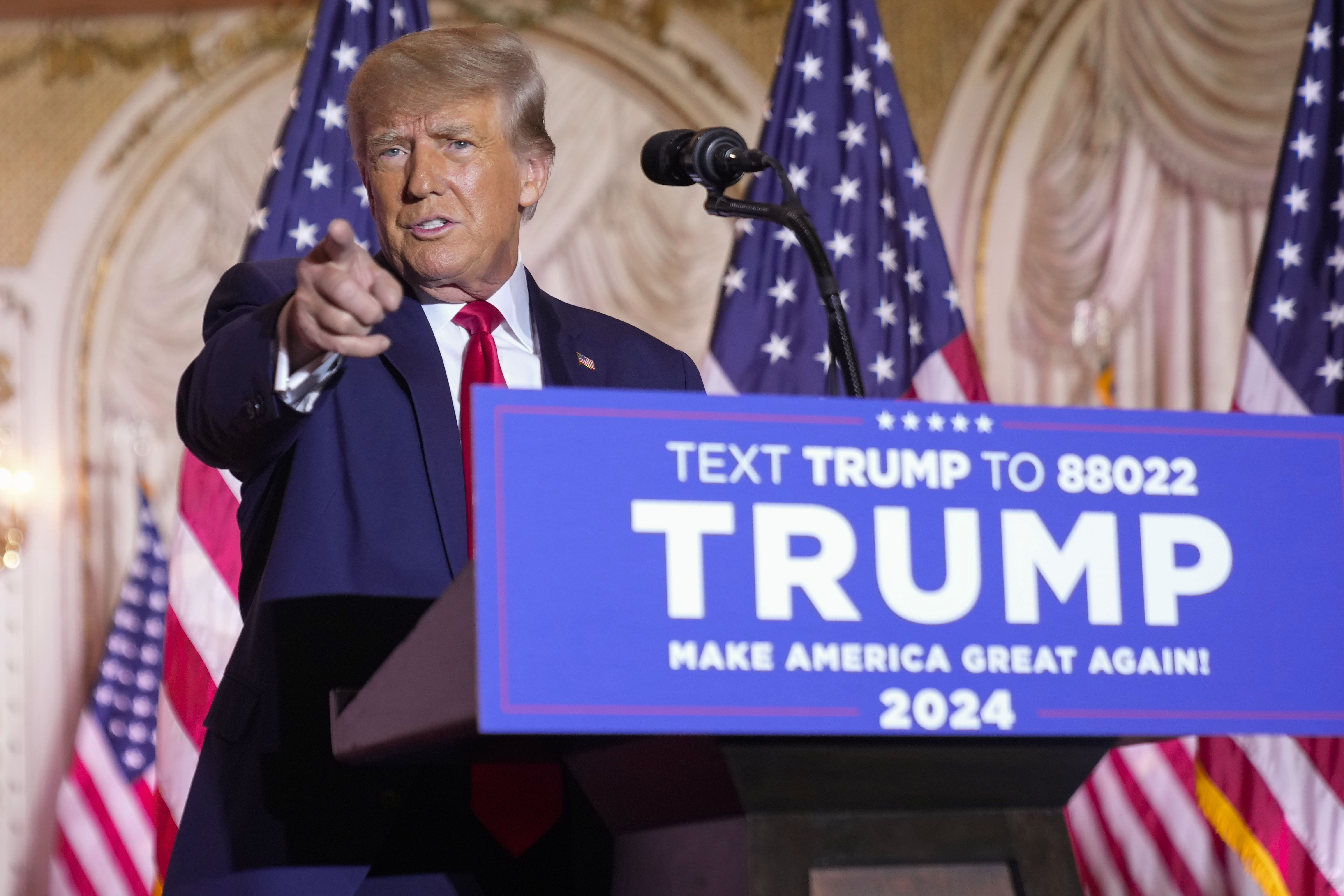Sixteen states went to the polls this week, and while Super Tuesday provided little in the way of intrigue, it did provide an interesting look at one emerging trend: The vote of the disappointed.
Nothing changed in the anticipated head-to-head rematch between President Joe Biden and former President Donald Trump. Both candidates won 15 primaries for their respective parties.
Nikki Haley's win in Vermont, where she received 50.2% of the vote over Trump's 49.5%, was not enough to keep her from suspending her campaign on Wednesday. Still, it is the only time in history a woman has won a state's Republican primary.
Many thought Trump would sweep all 16 states on Super Tuesday, but Matt Carpenter of Family Research Council Action says his narrow loss in Vermont was not nearly as surprising – or telling – as Biden's loss to Jason Palmer, a relative unknown, in American Samoa.
An education technology venture capitalist and former staffer at the Bill and Melinda Gates Foundation, Palmer secured 51 of the 91 votes cast in the American territory.
"You can never expect to beat an incumbent president, but I love the people of American Samoa, and they've been so wonderful to me this past month," Palmer told NBC News.
He said his goal is to amass as many delegates as possible in hopes of making education a top priority for Democrats at this summer's convention.
Before then, in the coming Arizona primary, he plans to focus on immigration.

"Biden became the first incumbent to lose a primary in 44 years," Carpenter told Washington Watch Wednesday. "I don't think it's a contest many people were paying attention to, but it's kind of a bizarre barometer on how the President is doing with his base right now. This little-known long-shot guy, Jason Palmer – people are still trying to figure out who he is and what he's about – bests President Biden."
Peeling back the layers on the protest vote
The results have produced more than giggles for Republicans, Carpenter said.
"More important than that one singular instance is kind of this emerging phenomenon on the Democratic side of this protest vote, this uncommitted bloc of voters that is taking the time to go and vote in these primaries and register their disfavor with how the president is handling his job in the office," the FRC Action deputy director of state and local affairs told show host Tony Perkins.
In Democratic primaries, the "uncommitted" vote registered 13% in Michigan last month and 19% in Minnesota this week.
"If you look at Hennepin County, which is kind of a population center of Minnesota, one out of four voters in Hennepin County, 25%, went for uncommitted over Biden," Carpenter relayed. "So, there's an emerging problem here, a protest vote for the president. That's not where you want to be really going into a contested general election, where you've got this rebellion emerging in your camp."
Michigan Democrat Rashida Tlaib, a U.S. House member, called for voters in her state to reject Biden based on his handling of the Israel-Hamas war. Some level of non-support in Muslim-heavy Michigan was expected, but Carpenter believes the protest vote there was driven by more than Tlaib's rally cry.
"In the Michigan instance, you had Rashida Tlaib make that argument to her supporters in Dearborn, Michigan, which is a heavily majority Muslim population area," he noted. "So that was certainly the case there, but it looks like this has metastasized beyond that."
Now, he says it seems younger voters and other more progressive voters are joining in with that protest vote; it was just a Muslim majority vote, but it has grown.
"We saw a sizable chunk of the Democratic base vote uncommitted," Carpenter said. "I mentioned Minnesota earlier, but this phenomenon showed up also in Alabama on the Democratic side and in Colorado, in North Carolina, and in Massachusetts as well. It's very interesting."
Time to rally around Trump
In her departure speech, Haley did not throw bombs at Trump, nor did she endorse him.
"It is now up to Donald Trump to earn the votes of those in our party and beyond it who did not support him, and I hope he does that," she said. "At its best, politics is about bringing people into your cause, not turning them away. And our conservative cause badly needs more people."
Sen. Pete Ricketts (R-Nebraska) told Perkins it is time for Republicans to unite behind Trump.

"The voters have spoken. They've said Donald Trump is our nominee, and now it's time for all of us as Republicans to rally around Donald Trump to be able to beat Joe Biden," he declared. "We've got to have real leadership, somebody who knows how to address the pressing issues we've got in our nation, someone who has demonstrated a track record for closing the border. Donald Trump brought the border crossings to a 45-year low, where Biden has allowed our border to be completely open."
Sen. Ricketts also expressed confidence that Trump can help Americans overcome the economic woes they have suffered since Biden took over.
"We've seen the huge inflation and reckless spending under Joe Biden, and we know Donald Trump will address those issues and show leadership as well as project strength on the world stage," the senator stated. "It really is time for everybody in the Republican Party to get behind Donald Trump and make sure that we beat Joe Biden in November."







